Hangzhou Tianyuan Pet Products Co Ltd
SZSE:301335

| US |

|
Johnson & Johnson
NYSE:JNJ
|
Pharmaceuticals
|
| US |

|
Berkshire Hathaway Inc
NYSE:BRK.A
|
Financial Services
|
| US |

|
Bank of America Corp
NYSE:BAC
|
Banking
|
| US |

|
Mastercard Inc
NYSE:MA
|
Technology
|
| US |

|
UnitedHealth Group Inc
NYSE:UNH
|
Health Care
|
| US |

|
Exxon Mobil Corp
NYSE:XOM
|
Energy
|
| US |

|
Pfizer Inc
NYSE:PFE
|
Pharmaceuticals
|
| US |

|
Palantir Technologies Inc
NYSE:PLTR
|
Technology
|
| US |

|
Nike Inc
NYSE:NKE
|
Textiles, Apparel & Luxury Goods
|
| US |

|
Visa Inc
NYSE:V
|
Technology
|
| CN |

|
Alibaba Group Holding Ltd
NYSE:BABA
|
Retail
|
| US |

|
3M Co
NYSE:MMM
|
Industrial Conglomerates
|
| US |

|
JPMorgan Chase & Co
NYSE:JPM
|
Banking
|
| US |

|
Coca-Cola Co
NYSE:KO
|
Beverages
|
| US |

|
Walmart Inc
NYSE:WMT
|
Retail
|
| US |

|
Verizon Communications Inc
NYSE:VZ
|
Telecommunication
|
Utilize notes to systematically review your investment decisions. By reflecting on past outcomes, you can discern effective strategies and identify those that underperformed. This continuous feedback loop enables you to adapt and refine your approach, optimizing for future success.
Each note serves as a learning point, offering insights into your decision-making processes. Over time, you'll accumulate a personalized database of knowledge, enhancing your ability to make informed decisions quickly and effectively.
With a comprehensive record of your investment history at your fingertips, you can compare current opportunities against past experiences. This not only bolsters your confidence but also ensures that each decision is grounded in a well-documented rationale.
Do you really want to delete this note?
This action cannot be undone.

| 52 Week Range |
13.76
30.96
|
| Price Target |
|
We'll email you a reminder when the closing price reaches CNY.
Choose the stock you wish to monitor with a price alert.

|
Johnson & Johnson
NYSE:JNJ
|
US |

|
Berkshire Hathaway Inc
NYSE:BRK.A
|
US |

|
Bank of America Corp
NYSE:BAC
|
US |

|
Mastercard Inc
NYSE:MA
|
US |

|
UnitedHealth Group Inc
NYSE:UNH
|
US |

|
Exxon Mobil Corp
NYSE:XOM
|
US |

|
Pfizer Inc
NYSE:PFE
|
US |

|
Palantir Technologies Inc
NYSE:PLTR
|
US |

|
Nike Inc
NYSE:NKE
|
US |

|
Visa Inc
NYSE:V
|
US |

|
Alibaba Group Holding Ltd
NYSE:BABA
|
CN |

|
3M Co
NYSE:MMM
|
US |

|
JPMorgan Chase & Co
NYSE:JPM
|
US |

|
Coca-Cola Co
NYSE:KO
|
US |

|
Walmart Inc
NYSE:WMT
|
US |

|
Verizon Communications Inc
NYSE:VZ
|
US |
This alert will be permanently deleted.
Profitability Summary
Hangzhou Tianyuan Pet Products Co Ltd's profitability score is 42/100. We take all the information about a company's profitability (such as its margins, capital efficiency, free cash flow generating ability, and more) and consolidate it into one single number - the profitability score. The higher the profitability score, the more profitable the company is.
Score
We take all the information about a company's profitability (such as its margins, capital efficiency, free cash flow generating ability, and more) and consolidate it into one single number - the profitability score. The higher the profitability score, the more profitable the company is.
We take all the information about a company's profitability (such as its margins, capital efficiency, free cash flow generating ability, and more) and consolidate it into one single number - the profitability score. The higher the profitability score, the more profitable the company is.
Score
Score
Past Growth
To be successful and remain in business, both growth and profitability are important and necessary. Net Income growth is often seen as a sign of a company's efficiency from an operational standpoint, but is influenced heavily by a company's goals and challenges and should therefore be assessed in conjunction with other metrics like revenue and operating income growth.
Margins
Profit margins represent what percentage of sales has turned into profits. Simply put, the percentage figure indicates how many cents of profit the company has generated for each dollar of sale.
Profit margins help investors assess if a company's management is generating enough profit from its sales and whether operating costs and overhead costs are being contained.
Earnings Waterfall
Hangzhou Tianyuan Pet Products Co Ltd
|
Revenue
|
1.5B
CNY
|
|
Cost of Revenue
|
-1.3B
CNY
|
|
Gross Profit
|
273.3m
CNY
|
|
Operating Expenses
|
-200.5m
CNY
|
|
Operating Income
|
72.8m
CNY
|
|
Other Expenses
|
-12.6m
CNY
|
|
Net Income
|
60.2m
CNY
|
Margins Comparison
Hangzhou Tianyuan Pet Products Co Ltd Competitors
| Country | CN |
| Market Cap | 3B CNY |
| Gross Margin |
18%
|
| Operating Margin |
5%
|
| Net Margin |
4%
|
| Country | US |
| Market Cap | 395.8B USD |
| Gross Margin |
52%
|
| Operating Margin |
24%
|
| Net Margin |
17%
|
| Country | US |
| Market Cap | 75.2B USD |
| Gross Margin |
60%
|
| Operating Margin |
22%
|
| Net Margin |
14%
|
| Country | US |
| Market Cap | 43.8B USD |
| Gross Margin |
36%
|
| Operating Margin |
19%
|
| Net Margin |
13%
|
| Country | UK |
| Market Cap | 33.6B GBP |
| Gross Margin |
61%
|
| Operating Margin |
23%
|
| Net Margin |
11%
|
| Country | DE |
| Market Cap | 35.3B EUR |
| Gross Margin |
46%
|
| Operating Margin |
12%
|
| Net Margin |
6%
|
| Country | US |
| Market Cap | 26B USD |
| Gross Margin |
46%
|
| Operating Margin |
19%
|
| Net Margin |
9%
|
| Country | US |
| Market Cap | 20.3B USD |
| Gross Margin |
45%
|
| Operating Margin |
16%
|
| Net Margin |
5%
|
| Country | SE |
| Market Cap | 206.1B SEK |
| Gross Margin |
35%
|
| Operating Margin |
15%
|
| Net Margin |
17%
|
| Country | JP |
| Market Cap | 2.3T JPY |
| Gross Margin |
39%
|
| Operating Margin |
14%
|
| Net Margin |
9%
|
| Country | US |
| Market Cap | 5.8B USD |
| Gross Margin |
27%
|
| Operating Margin |
16%
|
| Net Margin |
10%
|
Return on Capital
Return on capital ratios give a sense of how well a company is using its capital (equity, assets, capital employed, etc.) to generate profits (operating income, net income, etc.). In simple words, these ratios show how much income is generated for each dollar of capital invested.
Return on Capital Comparison
Hangzhou Tianyuan Pet Products Co Ltd Competitors
| Country | CN |
| Market Cap | 3B CNY |
| ROE |
3%
|
| ROA |
2%
|
| ROCE |
3%
|
| ROIC |
4%
|
| Country | US |
| Market Cap | 395.8B USD |
| ROE |
28%
|
| ROA |
11%
|
| ROCE |
23%
|
| ROIC |
16%
|
| Country | US |
| Market Cap | 75.2B USD |
| ROE |
1 347%
|
| ROA |
17%
|
| ROCE |
38%
|
| ROIC |
25%
|
| Country | US |
| Market Cap | 43.8B USD |
| ROE |
265%
|
| ROA |
15%
|
| ROCE |
37%
|
| ROIC |
24%
|
| Country | UK |
| Market Cap | 33.6B GBP |
| ROE |
18%
|
| ROA |
6%
|
| ROCE |
17%
|
| ROIC |
11%
|
| Country | DE |
| Market Cap | 35.3B EUR |
| ROE |
7%
|
| ROA |
4%
|
| ROCE |
10%
|
| ROIC |
7%
|
| Country | US |
| Market Cap | 26B USD |
| ROE |
13%
|
| ROA |
6%
|
| ROCE |
15%
|
| ROIC |
12%
|
| Country | US |
| Market Cap | 20.3B USD |
| ROE |
3 104%
|
| ROA |
6%
|
| ROCE |
31%
|
| ROIC |
21%
|
| Country | SE |
| Market Cap | 206.1B SEK |
| ROE |
27%
|
| ROA |
10%
|
| ROCE |
13%
|
| ROIC |
8%
|
| Country | JP |
| Market Cap | 2.3T JPY |
| ROE |
12%
|
| ROA |
7%
|
| ROCE |
16%
|
| ROIC |
16%
|
| Country | US |
| Market Cap | 5.8B USD |
| ROE |
19%
|
| ROA |
8%
|
| ROCE |
13%
|
| ROIC |
10%
|
Free Cash Flow
Free cash flow (FCF) is the money a company has left over after paying its operating expenses and capital expenditures. The more free cash flow a company has, the more it can allocate to dividends, paying down debt, and growth opportunities.
If a company has a decreasing free cash flow, that is not necessarily bad if the company is investing in its growth.




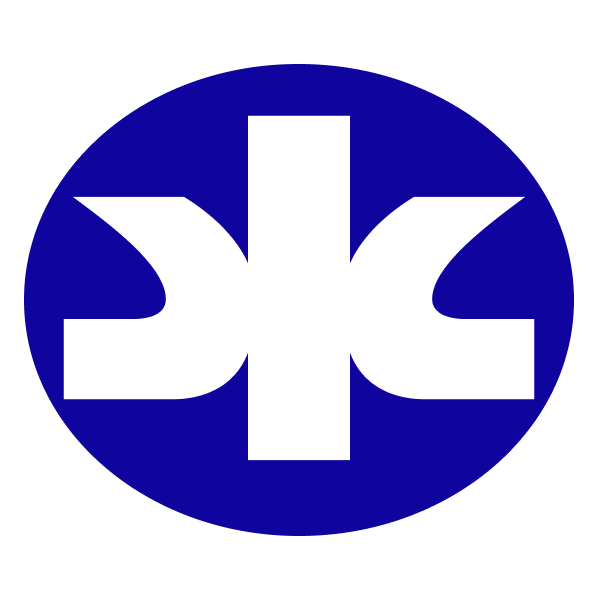



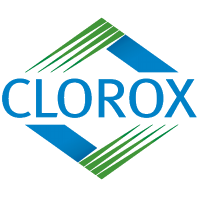
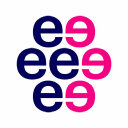
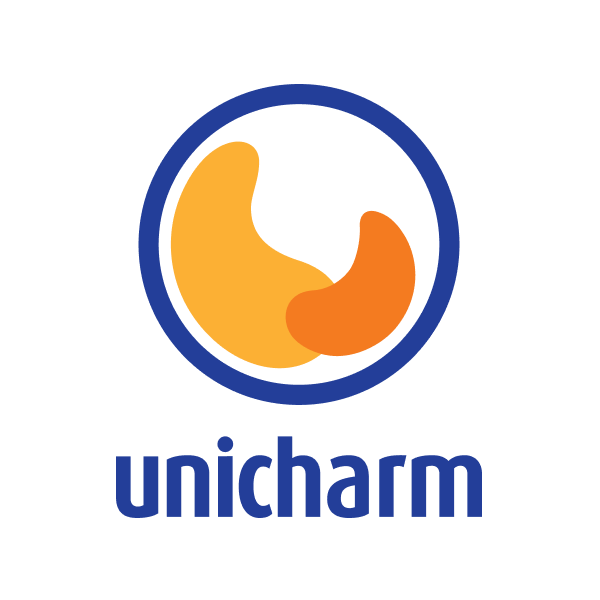
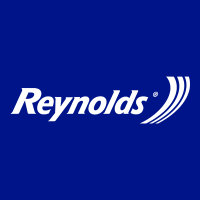


























 You don't have any saved screeners yet
You don't have any saved screeners yet
